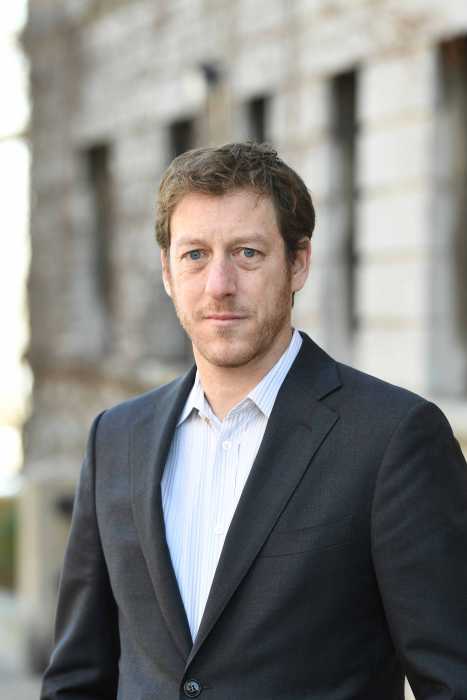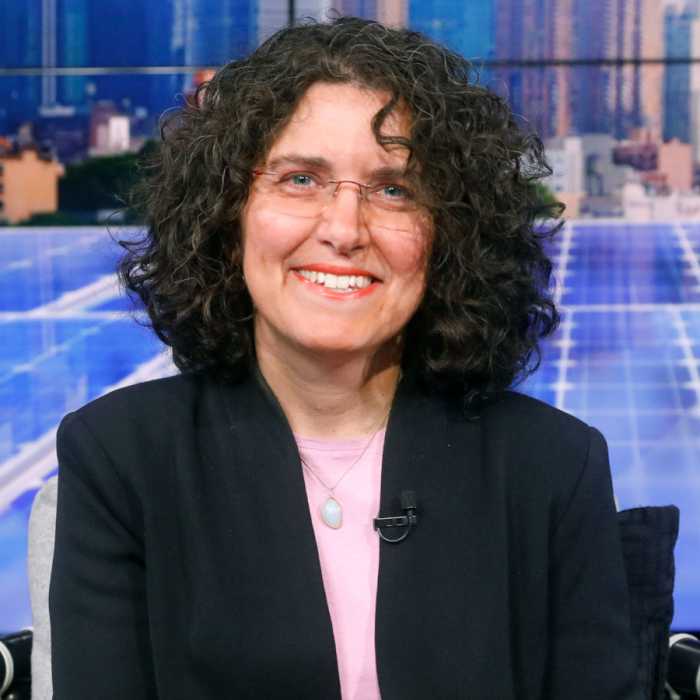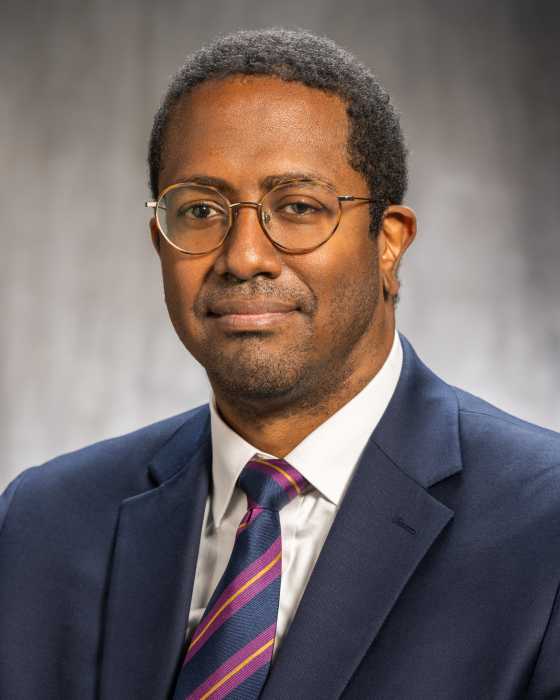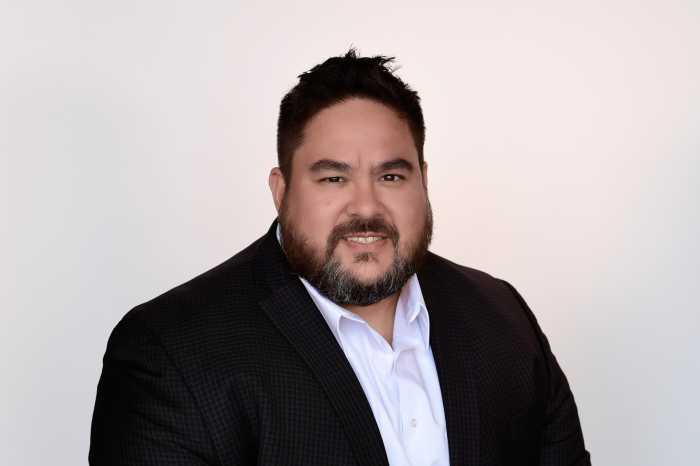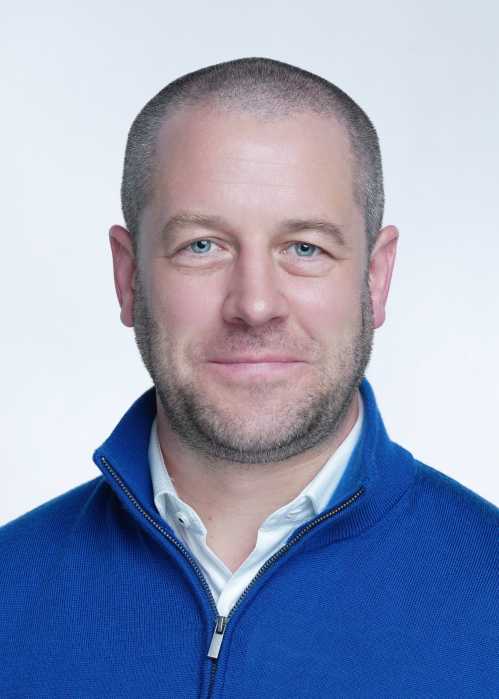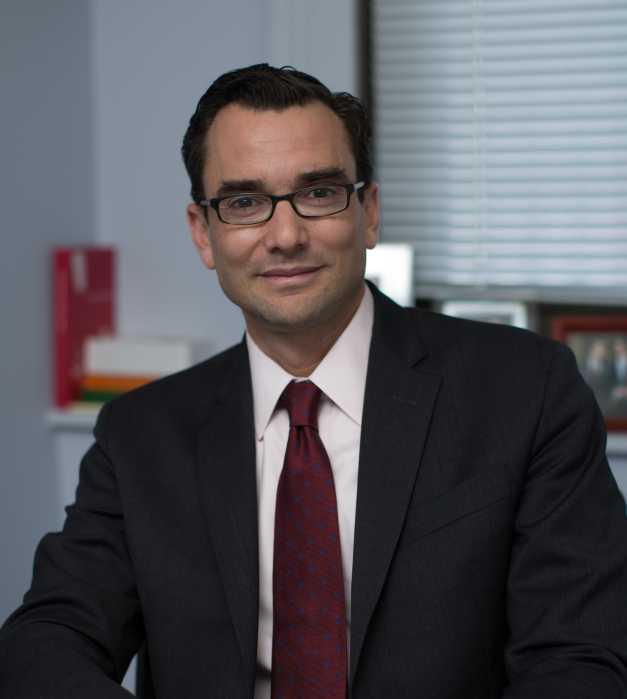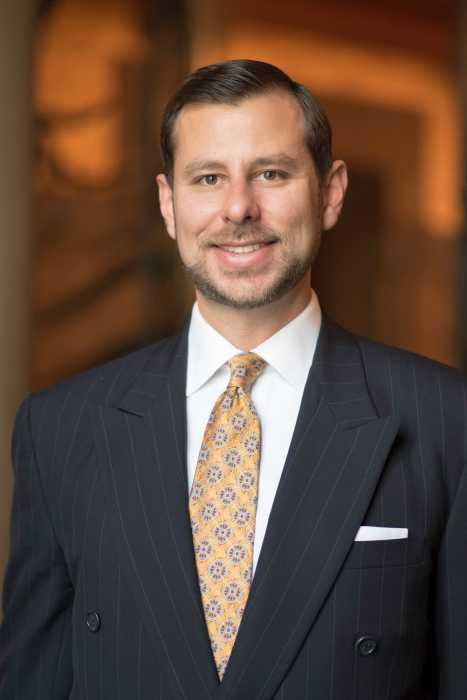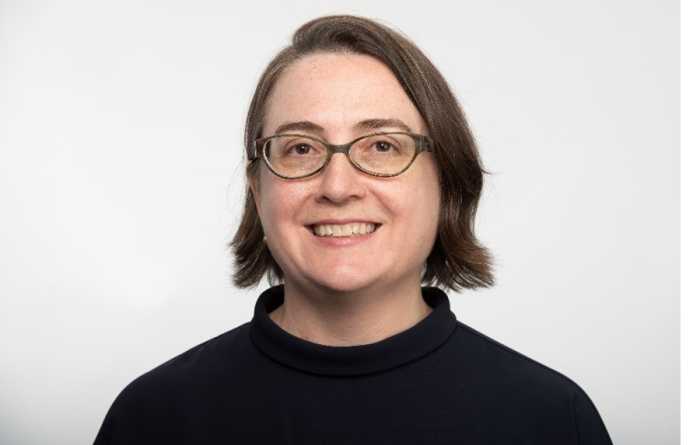Michael is a lawyer, writer, teacher and scholar who has worked on climate change issues from the hyper-local to the global level for 20 years. As executive director of the Sabin Center, a leading “think-and-do” tank housed at Columbia, he manages a dynamic team at the forefront of efforts to use the law to combat the climate crisis. He is also of counsel at Sher Edling LLP, where he works on high-profile, high-impact climate cases.
What is one thing your organization hopes to accomplish in 2024?
The causes of climate change are profoundly diffuse, and the solutions come from every corner of the economy. So the Sabin Center casts a wide net and engages on multiple fronts. This year we are focused on helping cities with the Inflation Reduction Act, assisting local supporters of renewable energy infrastructure, defending federal climate regulations, developing resources and knowledge around climate litigation, and charting legal pathways for carbon management – among many other things!
Do you have any advice for someone looking to pursue a career in your field?
There is no silver bullet that will put an end to the climate crisis. And this kind of mission-driven work can be exhausting. So I often advise students and recent graduates to figure out what they actually enjoy doing, in terms of tasks and types of work, and where they like doing it, in terms of location and work environment. Then find that first job, plug in, and run with it. We need people everywhere.
What is one thing everyone can do to help protect the environment?
Vote for political representatives committed to enacting laws and policies that will reduce greenhouse gas emissions and provide for increased resilience to climate impacts.
What can policymakers do to aid in your organization’s work?
It takes vision to imagine, innovate and create a sustainable future. And it takes courage to stand up to the inevitable pushback against it by vested interests. New York State and New York City are leaders in the fields of climate law and policy. The politics can be tough – just look at congestion pricing. What can policymakers do? Keep going big. And stay strong.


